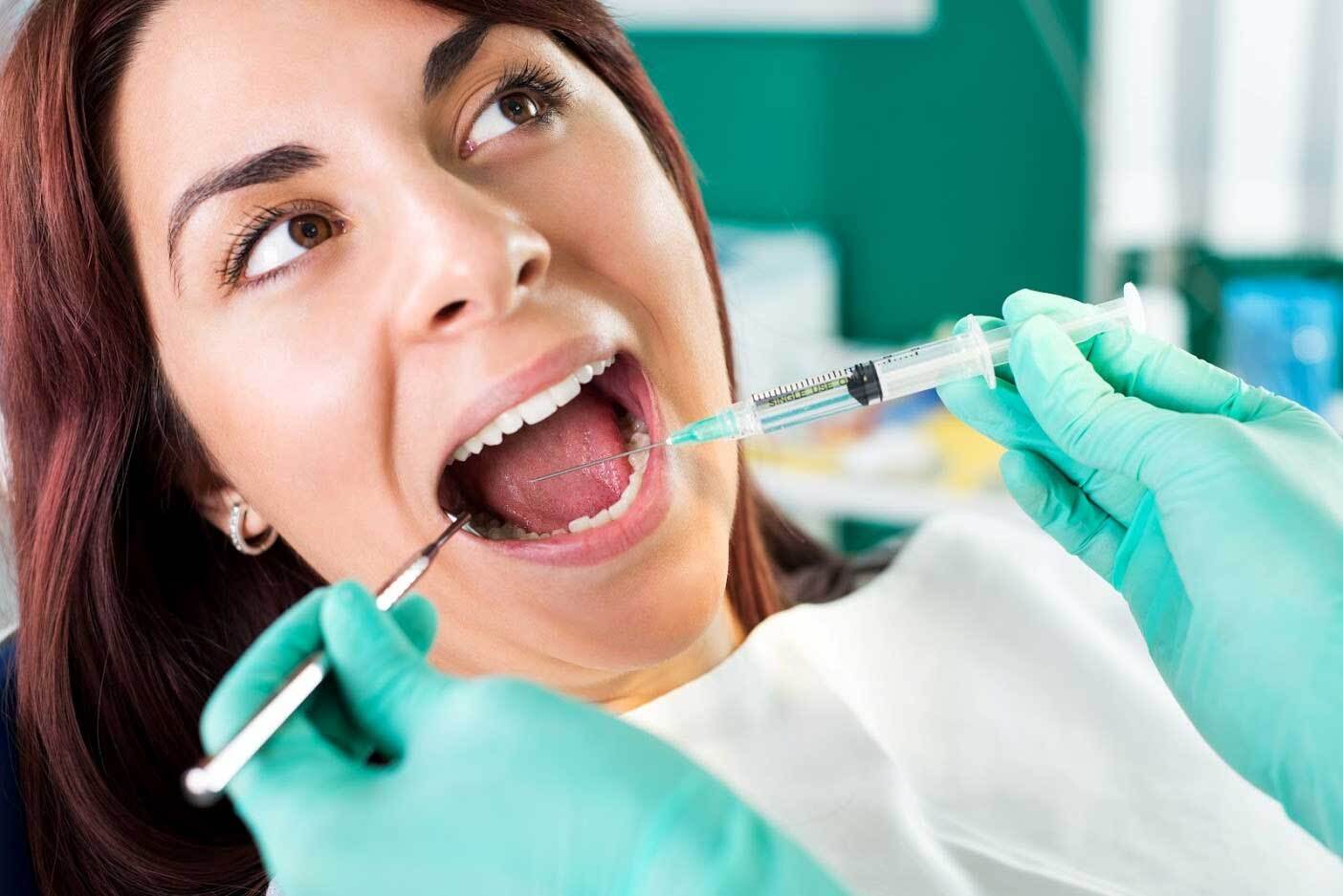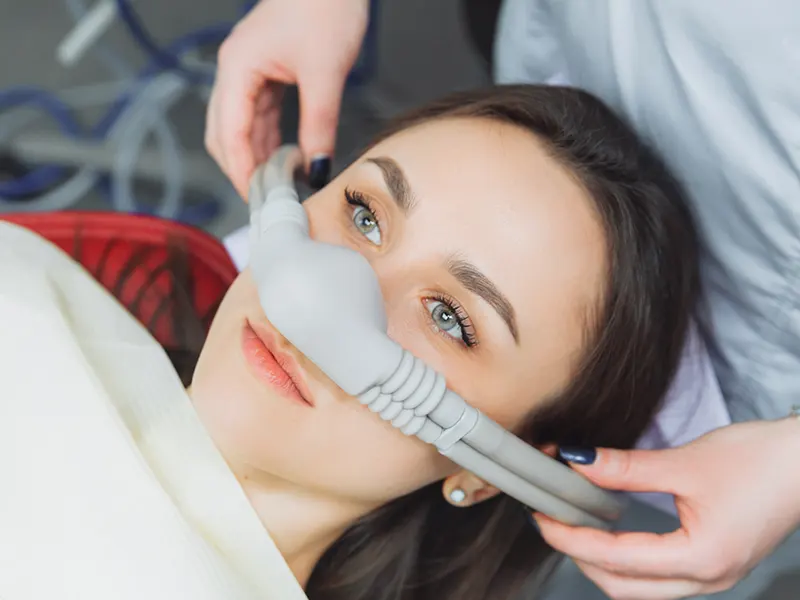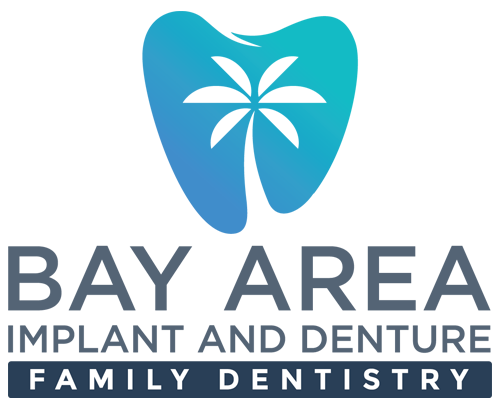
Local anesthesia is a medical technique used to numb a specific area of the body, thereby preventing pain during various medical or dental procedures. It works by blocking nerve signals in the targeted area, allowing patients to remain fully conscious and free of discomfort. This method is particularly advantageous for minor surgeries and dental treatments, as it offers effective pain relief without the risks and recovery time associated with general anesthesia. Local anesthetics are typically administered via injection and are known for their rapid onset and limited duration of action, making them ideal for outpatient procedures. Their use is a cornerstone in patient-centered care, focusing on minimizing pain while maximizing safety and comfort.

Nitrous oxide, commonly employed in dental settings such as Bay Area Denture and Surgery Center, is a mild sedative agent known for its rapid onset and quick recovery time. This gas, inhaled through a mask, helps to alleviate anxiety and discomfort during dental procedures. It induces a relaxed state, allowing patients to remain conscious and responsive, yet comfortable throughout the treatment. Unlike general anesthesia, nitrous oxide does not cause deep sedation, making it a safe and effective choice for a broad range of dental interventions. Its effects are easily controlled and adjusted, ensuring a tailored approach to each patient’s unique needs and health considerations.

Additionally, local sedation is used with all treatment patients. Dr. Van Maren has a permit issued by the Texas Department of Public Safety that is required to administer sedation techniques that fall under minimal conscious sedation.
Even though drugs such as Triazolam are relatively safe and effective, and are metabolized after your dental visit, you should be aware of some important precautions and considerations. Our team will review this with you prior to your appointment.
Side effects may include light-headedness, headache, dizziness, visual disturbances, amnesia, and nausea. In some patients, oral Triazolam may not work as desired. Smokers will probably notice a decrease in the effect of the drug.

IV Sedation dentistry can put you at ease and virtually eliminates the pain associated with dental procedures. Intravenous sedation is one of several options available to significantly reduce your fears and discomfort.
Benefits of IV Sedation
- It’s extremely effective for moderate to severe anxiety
- It’s quick-acting
- The level of sedation can be adjusted during the procedure so that you remain comfortable at all times
- In many cases, you can get ALL of your dental work done in one visit
During intravenous sedation (IV sedation), an anti-anxiety drug is administered into the bloodstream to achieve a state of “deep conscious sedation.” Although you will not actually be asleep, you will enjoy a heightened state of relaxation — and probably won’t remember much about the procedure afterwards. Your appointment will be a dream and an hour in the chair will feel like minutes.
General anesthesia, which induces a state of unconsciousness and eliminates physical sensations, is commonly used in major surgical procedures. It acts on the entire body, temporarily shutting down sensation and awareness, allowing for complex and lengthy surgeries to be performed without patient discomfort. However, at our location, we do not offer general anesthesia as part of our services. We focus on providing localized or lighter forms of sedation and anesthesia that are more suitable for the range of dental and minor surgical procedures we perform, prioritizing patient safety, comfort, and quicker recovery times.

SAY HELLO!
WE WOULD LOVE
TO HEAR FROM YOU


